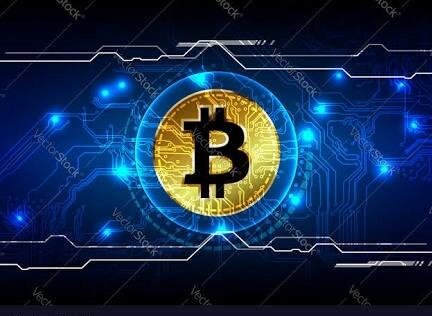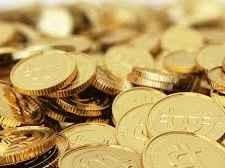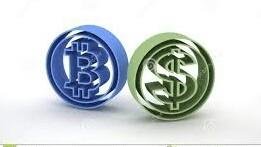Basic Intro:
 2
2
"Digital currency (digital money or electronic money or electronic currency) is a type of currency available only in digital form, not in physical (such as banknotes and coins). It exhibits properties similar to physical currencies, but allows for instantaneous transactions and borderless transfer-of-ownership"
History:

Digital currency is a money balance recorded electronically on a stored-value card or other device. Another form of electronic money is network money, allowing the transfer of value on computer networks, particularly the Internet. Electronic money is also a claim on a private bank or other financial institution such as bank deposits.Digital money can either be centralized, where there is a central point of control over the money supply, or decentralized, where the control over the money supply can come from various sources.In 1983, a research paper by David Chaum introduced the idea of digital cash.In 1990, he founded DigiCash, an electronic cash company, in Amsterdam to commercialize the ideas in his research.It filed for bankruptcy in 1998.In 1999, Chaum left the company.In 1997, Coca-Cola offered buying from vending machines using mobile payments.After that PayPal emerged in 1998.Other system such as e-gold followed suit, but faced issues because it was used by criminals and was raided by US Feds[who?] in 2005.In 2008, bitcoin was introduced, which marked the start of Digital currencies.Origins of digital currencies date back to the 1990s Dot-com bubble. One of the first was E-gold, founded in 1996 and backed by gold. Another known digital currency service was Liberty Reserve, founded in 2006; it let users convert dollars or euros to Liberty Reserve Dollars or Euros, and exchange them freely with one another at a 1% fee. Both services were centralized, reputed to be used for money laundering, and inevitably shut down by the US government.Q coins or QQ coins, were used as a type of commodity-based digital currency on Tencent QQ's messaging platform and emerged in early 2005. Q coins were so effective in China that they were said to have had a destabilizing effect on the Chinese Yuan currency due to speculation. Recent interest in cryptocurrencies has prompted renewed interest in digital currencies, with bitcoin, introduced in 2008, becoming the most widely used and accepted digital currency.
Comparison B/w Real And Digital Currency:

A hard electronic currency is one that does not have services to dispute or reverse charges. In other words, it is akin to cash in that it only supports non-reversible transactions. Reversing transactions, even in case of a legitimate error, unauthorized use, or failure of a vendor to supply goods is difficult, if not impossible. The advantage of this arrangement is that the operating costs of the electronic currency system are greatly reduced by not having to resolve payment disputes. Additionally, it allows the electronic currency transactions to clear instantly, making the funds available immediately to the recipient. This means that using hard electronic currency is more akin to a cash transaction. Examples are Western Union, KlickEx and bitcoin.
A soft electronic currency is one that allows for reversal of payments, for example in case of fraud or disputes. Reversible payment methods generally have a "clearing time" of 72 hours or more. Examples are PayPal and credit card. A hard currency can be softened by using a trusted third party or an escrow service.
Hi! I am a robot. I just upvoted you! I found similar content that readers might be interested in:
https://en.wikipedia.org/wiki/Digital_gold_currency
Downvoting a post can decrease pending rewards and make it less visible. Common reasons:
Submit